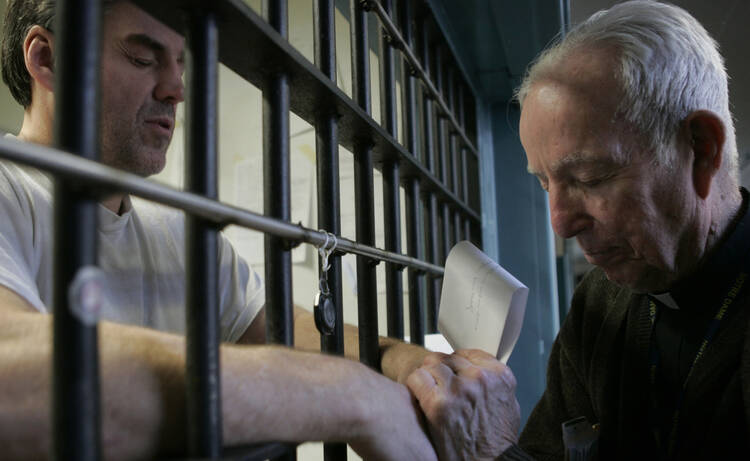Solitary Nation
To its supporters, segregated housing in prisons is a vital, commonsense security measure that protects inmates and correctional officers from dangerous individuals, and the mentally unstable from themselves. To its opponents, solitary confinement constitutes cruel and unusual punishment. Last year state legislatures, courts and corrections departments found the middle ground in various reform efforts. According to the Marshall Project, a nonprofit news organization dedicated to criminal justice issues, 10 states passed 14 measures in 2014 that limit or abolish solitary confinement for juveniles or the mentally ill, improve special housing conditions or reduce the proportion of inmates kept in segregated units.
These are all encouraging developments, and momentum seems to be keeping up in the early weeks of 2015. In January the Pennsylvania prison system introduced new diversionary treatment units to house mentally ill inmates who would otherwise end up in “the hole.” In New York City, the Board of Correction announced it would end the use of solitary confinement for inmates under the age of 21 on Rikers Island, which has come under heightened scrutiny after tragic inmate deaths and several investigative reports exposed routine abuse and neglect at the second largest jail in the United States.
Pope Francis, in an address to the delegates of the International Association of Penal Law, described the isolation at high security prisons as torture inflicted with no “specific objective…a genuine surplus of pain added to the actual suffering of imprisonment.” There has been much debate in this country about whether the Central Intelligence Agency’s interrogation tactics abroad amounted to torture. It is time for Americans to consider the troubling treatment of prisoners closer to home as well.
The Ongoing Ebola Crisis
As the Ebola crisis fades from the headlines in the United States, its devastation is still a daily reality for West Africans. With over 30 new Ebola cases every day and over 8,000 dead, the disease continues to severely affect the African population and economy, particularly in Sierra Leone, Liberia and Guinea. In an effort to slow its spread, governments in the hardest-hit countries have shut down schools, sealed borders and even banned citizens from public gatherings, measures that hurt already impoverished regions and struggling economies.
These actions have also led to significant losses in areas like agriculture, construction, arts and tourism. According to the World Bank, countries in West Africa will lose an estimated $4 billion in economic activity in 2015. Along with these economic losses, over 500,000 people have gone hungry because of Ebola’s effects on farming, a number that is expected to double by March. School shutdowns have led to a rise in crime. Teenagers roam the streets and police officers, either too distracted by the fight against Ebola or fearful of contracting the disease, are not providing adequate levels of supervision and enforcement.
The United Nations World Food Program has given over 20 million pounds of food to these nations, but more needs to be done. While the threat of the Ebola crisis spreading to the United States and other Western nations has been all but extinguished, attention still must be given to the true victims of the epidemic.
Have Mercy
A statement issued on Dec. 22 by the German Bishops’ Conference suggests that the church there is prepared to assume a vanguard role in the pastoral care for divorced and remarried Catholics. The pope has argued that the de facto excommunication, as he has described it, of divorced and remarried Catholics must end, though how to end it without damaging doctrine on the indissolubility of marriage remains uncertain.
Some bishops advocate streamlining the current annulment process, which is perceived to be burdensome and unsympathetic, as the only doctrinally sound path forward. But the majority of German bishops, perhaps emboldened by the pope’s sentiments on the issue, now favor “differentiated solutions that do justice to the individual case and under certain conditions allow admission to the sacraments.” That position has raised concerns far beyond the German church. Can the one, holy, catholic and apostolic church continue to be so described if conferences begin to strike off on their own on fundamental matters? The disaffection experienced by the divorced and remarried is the source of great spiritual and psychological pain. Responding with mercy merits the acceptance of some degree of risk. It could be that careful local experimentation on this difficult pastoral challenge is warranted, even wise.
The German bishops’ statement is a welcome addition to this important dialogue. Prudence requires, however, that pastors everywhere proceed with caution. As this magazine has previously argued, any change to the regulations should also account for the men and women who have derived spiritual benefit from their fidelity to the church’s current discipline and should not be seen as a revolutionary gesture on the part of a few, but rather as a response of the entire church to the signs of the times.








